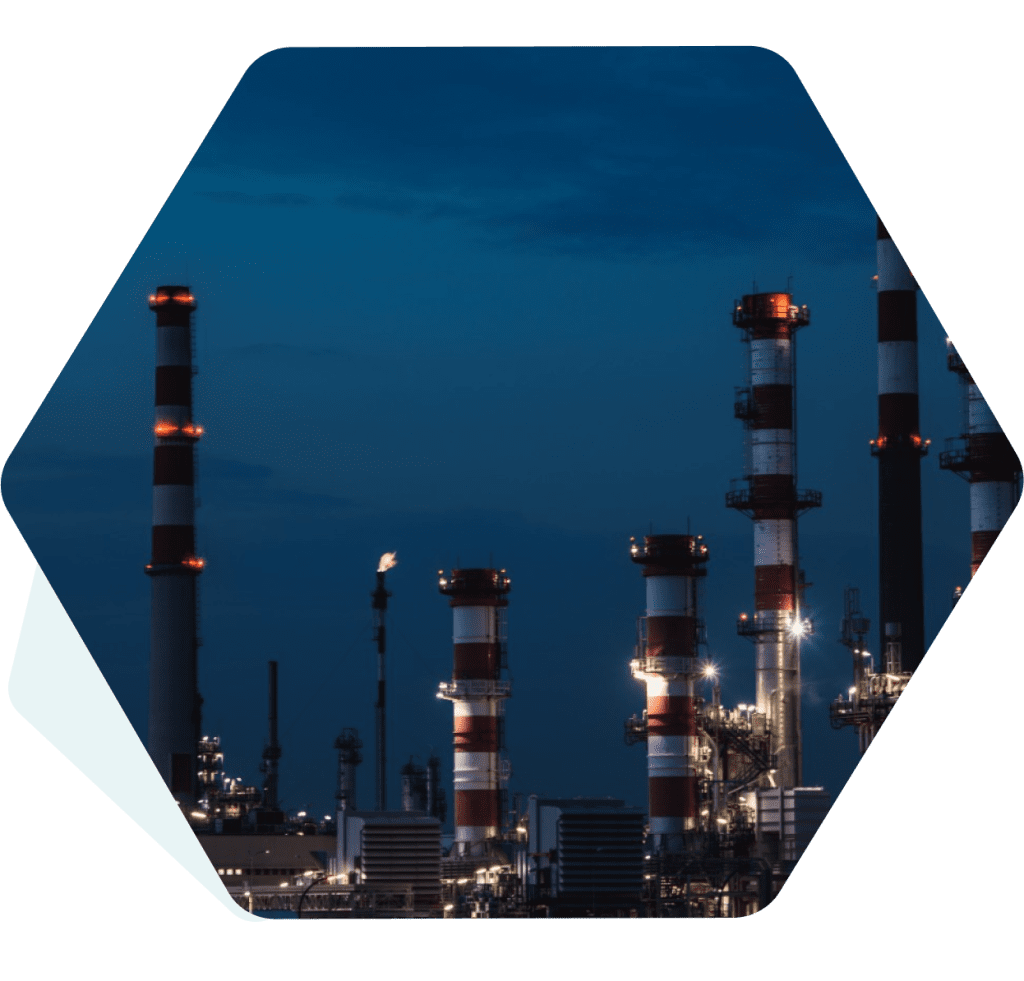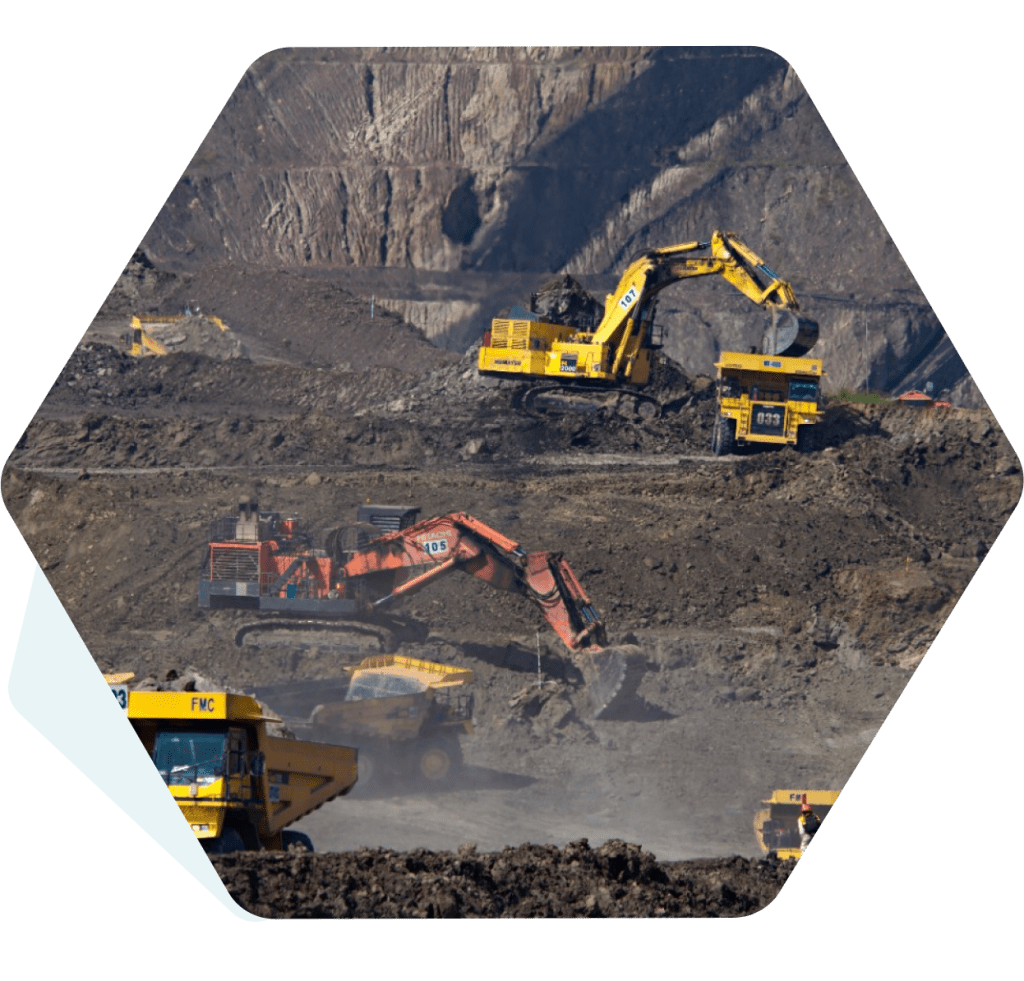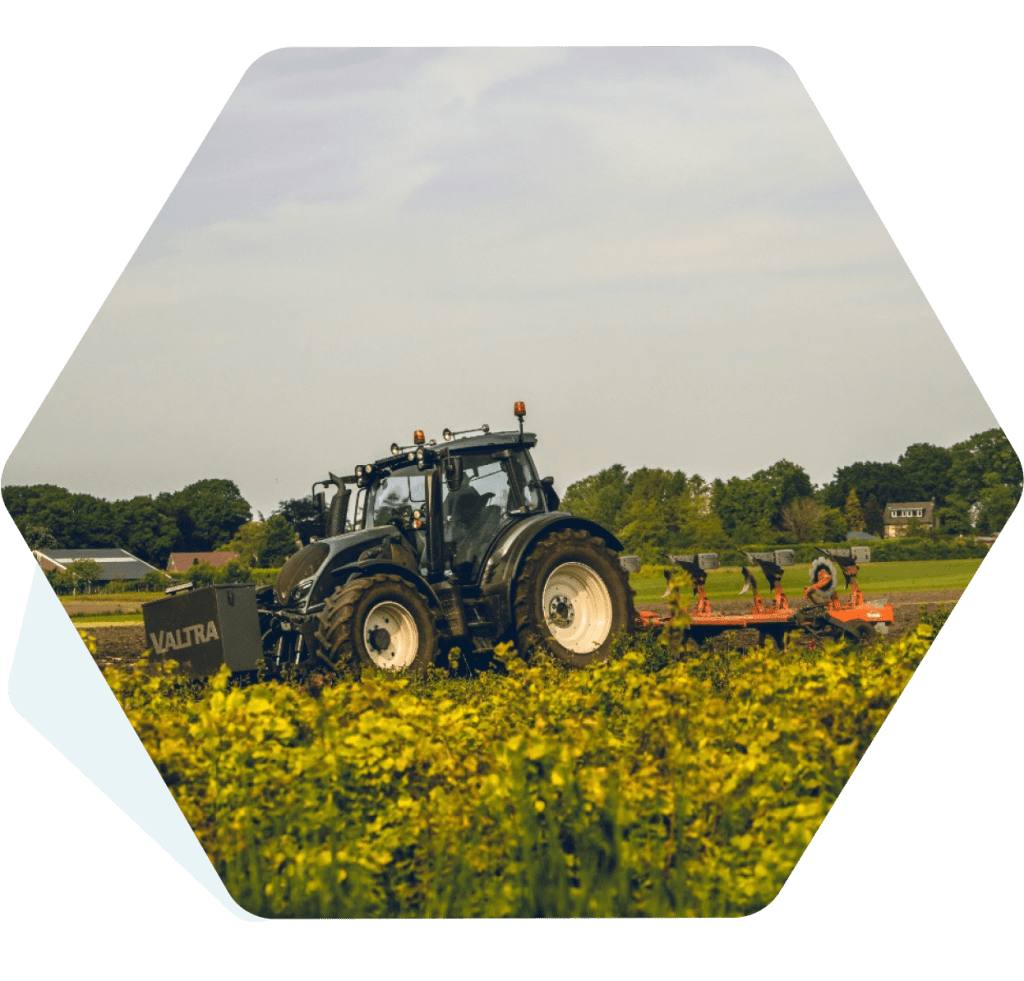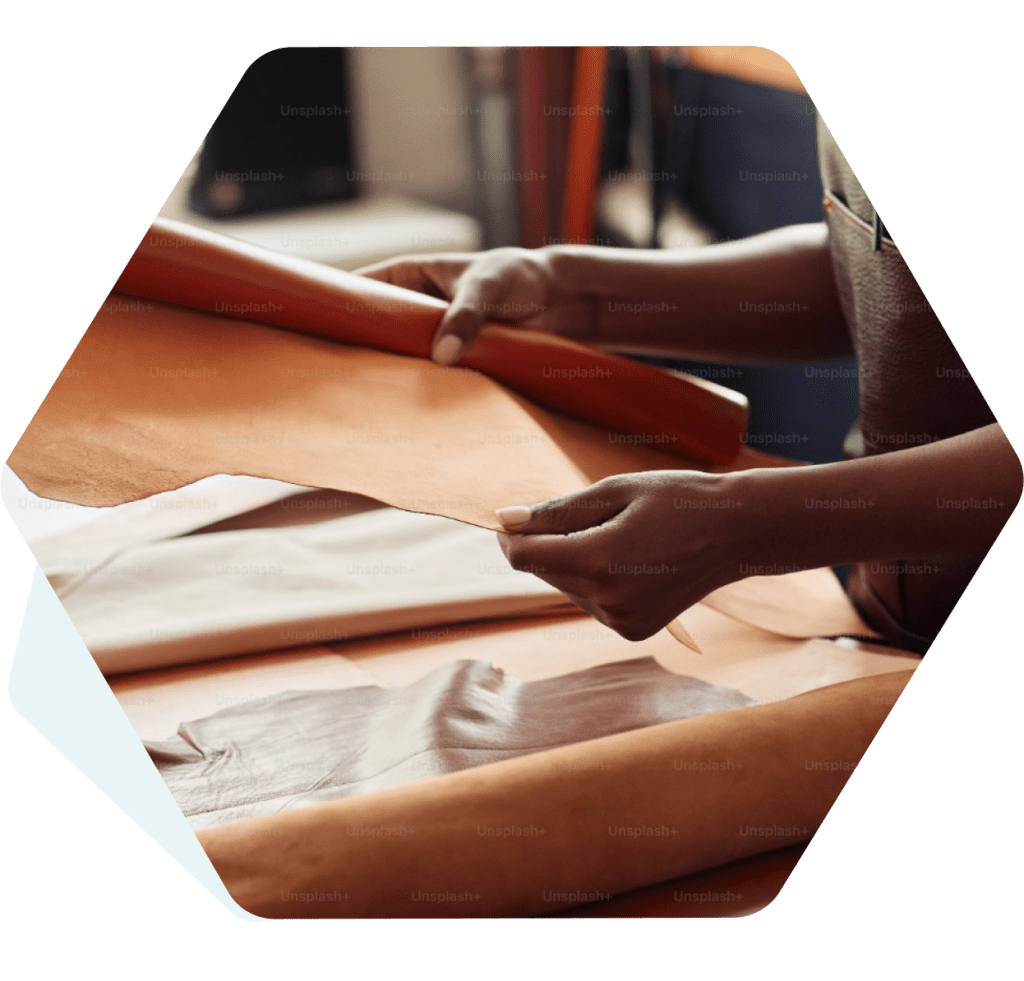Pakistan Industry

Pakistan Industry
At the time of independence, Pakistan inherited only 34 industrial units out of 921 industrial units in the subcontinent. They were cotton textile, cigarettes, sugar, rice husking, cotton ginning and flour milling industries; and together they contributed only 7% of GDP and employed a little over 26,000 employees.
Today’s the economy of Pakistan is 24rth largest economy in terms of Purchasing Power Parity. Over the years Pakistan’s Industry flourished from producing only 7% of GDP to now contributing to 29% of GDP. Major industries include textile industry, Lather, Fertilizers, Surgical Instruments, automotive, cement, steel, tobacco, chemicals, machinery and food processing.
Chemical Industry
The global chemical industry forms the fabric of the modern world. It converts basic raw materials into more than 70,000 different products, not only for industry, but also for all the consumer goods that people rely on in their daily life. Apart from this the chemical sector contributes in several other fields like agriculture, pharmaceuticals, textile, power, environment, communications, transport, infrastructure, housing, as well as covers thousands of commercial products like paper, paint, plastic products, soap/detergents, perfumes/fragrances, varnishes, pharmaceutical, dyes etc.
Pakistan is blessed with a diverse and vibrant chemical industry having the potential to become a regional/global player. Pakistan Chemical industry provide for many other industries including Textiles industry, Agriculture industry, Food & Beverages, Leather industry, Paper industry, Pharmaceutical industry, Plastics, Printing, Sugar and many others.


Mining Industry
Mining is an important industry in Pakistan. Pakistan has deposits of several minerals including coal, copper, gold, chromite, mineral salt, bauxite and several other minerals. There are also a variety of precious and semi-precious minerals that are also mined. These include peridot, aquamarine, topaz, ruby, emerald, rare-earth minerals bastnaesite and xenotime, sphere, tourmaline, and many varieties and types of quartz.
The Pakistan Mineral Development Corporation is the responsible authority for the support and development of the mining industry. The Gemstones Corporation of Pakistan looks after the interests of stake holders in gemstone mining and polishing as an official entity. Baluchistan has the most mineral deposits among the provinces of Pakistan, with Sindh rich in coal deposit and Khyber Pakhtunkhwa rich in gems. Oil, gas and minerals used in nuclear energy purposes are mined by the federal government.
The mining of other minerals is a provincial concern. Currently around 52 minerals are mined and processed in Pakistan.
Automotive Industry
The automotive industry in Pakistan is one of fastest-growing industries in the country, growing by 171% between 2014 and 2018. It accounts for 3% of Pakistan’s GDP and employed a workforce of over 3.5 million people as of 2018. Pakistan is the 23rd largest producer of automobiles. Its contribution to the national exchequer is nearly Rs. 50-billion (US$220 million). Pakistan’s auto market is among the fastest growing in Asia. 269,792 cars were sold in 2018, but this number declined to 186,716 in 2019 due to austerity measures. In the 1990s and early 2000s, Pakistan had many Japanese cars. With the launch of the first Auto Policy in 2005, Pakistan launched its first indigenous car, Adam Revo. However, after the 2008 elections, the dollar started depreciating, and due to bad governance, many automakers began to halt production, with some exiting Pakistan. Currently, the auto market is dominated by Honda, Toyota, and Suzuki. However, on 19 March 2016, Pakistan passed a second “Auto Policy 2016-21,” which offers tax incentives to new automakers to establish manufacturing plants in the country. In response, Renault, Nissan, Proto Holdings, KIA, SsangYong, Volkswagen, FAW, and Hyundai have expressed interest in entering the Pakistani market. MG JW Automobile Pakistan has signed a memorandum of understanding (MoU) with Morris Garages (MG) Motor UK Limited, owned by SAIC Motor, to bring electric vehicles to Pakistan. NLC signed an agreement with Mercedes-Benz to manufacture Mercedes Actros trucks in Pakistan. Pakistan has not enforced any automotive safety standards or model upgrade policies. A few older vehicle models, including the Bolan and Ravi, continue to be sold by Suzuki. On 8 July 2021, Jolta Electric launched the production of electric motorcycles.
On 26 December 2021, the Government of Pakistan announced a five-year policy between 2021 and 2026 to raise the production capacity of automobiles in Pakistan. On 20 October 2020, during a meeting with 50 Chinese automotive brands, the Pakistani envoy to China said that Pakistan will increase its automobile production to 6-8 million units in the next five years. Pakistan is building special economic zones where Chinese companies will be able to set up their businesses. In that meeting, 10 Chinese and Nasal automotive companies prepared to invest in Pakistan.


Textile Industry
Cotton textile production and apparel manufacturing are Pakistan’s largest industries, accounting for about 65% of the merchandise exports a almost 45% of the employed labor force. Cotton and cotton-based product account for 61% of export earnings of Pakistan. By 2010 the spinning capacity increased to 15 million spindles and textile exports hit $15.5 billion.
Pakistan is the 8th largest exporter of textile commodities in Asia. Textile sector contributes 8.5% to the GDP of Pakistan. Pakistan is the 4th largest producer of cotton with the third largest spinning capacity in Asia after China and India and contributes 5% to the global spinning capacity. At present, there are 1,221 ginning units, 442 spinning units, 124 large spinning units and 425 small units which produce textile.
Exports of Textiles during Jul-Nov 19-20 totaled $6,044,536 (Provisional) as against US $5,763,117 during the corresponding period of last year showing an Increase of 4.88 %, rating the textile industry as the top exporter industry for the year 2020. Cotton is the largest segment of textile production. Other fibers produced include synthetic fiber, filament yarn, art silk, wool, and jute. Cotton spinning is perhaps the most important segment in the Pakistan textile industry with more than 521 units installed and operational.
A huge focus of the textile industry is on skill development and training programs. Institutes such as TIP, PRGTII, SMARTI, PHMA Institute of knitwear and technology, PIFD, PHMA Institute of knitwear and technology, PIFD and many more play a vital role in promoting such skills and as well as providing skill labor to the Textile Industry.
Agriculture Industry
Agriculture constitutes the largest sector of our economy. Majority of the population, directly or indirectly, dependent on this sector. It contributes about 19.3% of Gross Domestic Product (GDP), with a growth rate of 2.67% from last year, and accounts for half of employed labor force and is the largest source of foreign exchange earnings.
It feeds whole rural and urban population. Realizing its importance, planners and policy makers are always keen to have reliable area and production statistics of agricultural crops well in time.
Major crops are wheat, cotton, rice, sugarcane, maize etc. However, in recent years, due to persistent hikes in the prices of essential commodities like pulses, onions, potatoes, chilies and tomatoes these crops have also gained in economic importance. This sector is also the largest raw material provider to many industries. The most populated province of Punjab provides the largest share in national agricultural production.
The export of rice in 2020 totaled $2.1 billion, making it the second largest exporter industry in 2020.


Leather Industry
PAKISTAN have been considered to be the hub of producing high quality Leather and Leather Products, and there are more than 800 Tanneries in the country actively engaged in producing best quality finished leather of Cow, Buffalo, Sheep and Goat skins Pakistan is rich in agricultural products and has a large livestock population which plays an important role in the economy of Pakistan by producing around 13.0 Million Hides and 47.4 Million Skins per annum (2015-16). The quality of goat skins, cow, buffalo hides in Pakistan is satisfactory. The type of sheep skins we have in Pakistan is better in respect of grain, substance and compactness of fibers. Leather manufacturers & exporters are determined to increase export of quality finished leather and leather products.
Pakistan exported leather worth $190.856 million during July-October (2020) against the exports of $181.338 million during July-October (2019-20), showing the growth of 5.25 per cent, according to the Pakistan Bureau of Statistics (PBS). The industry is playing their positive role in activating WTO with quality consciousness and full sense of responsibilities to uphold the
perfect image of Leather Industry of Pakistan. As being the most significant contributor or the country’s GDP and foreign exchange earnings. The Leather Industry of Pakistan is employing more than 500,000 peoples directly and indirectly. (2009-2010)
Service Industry
